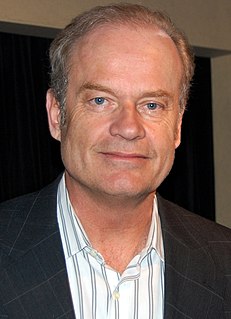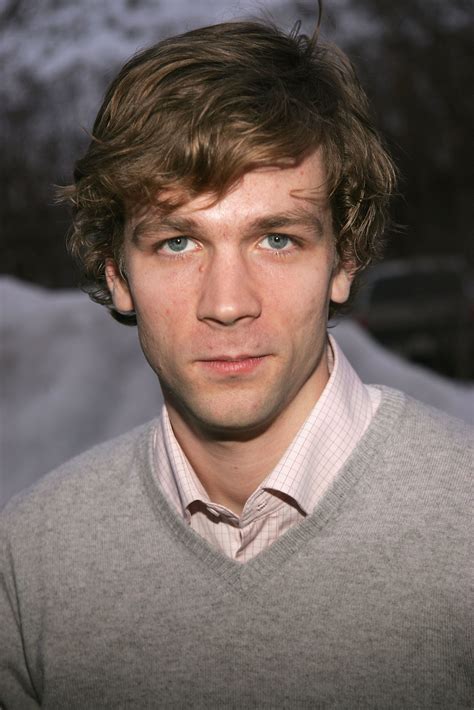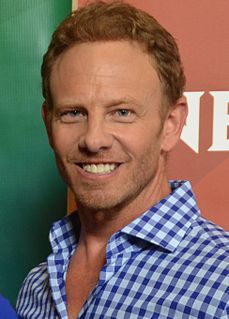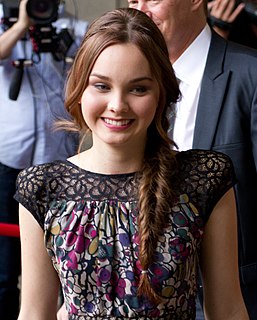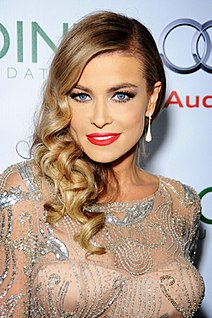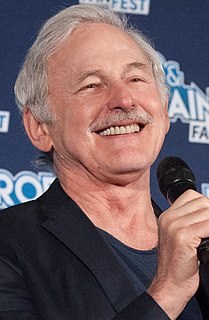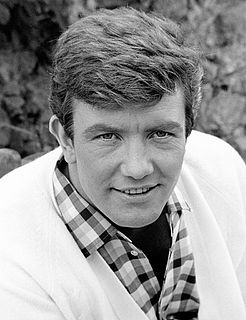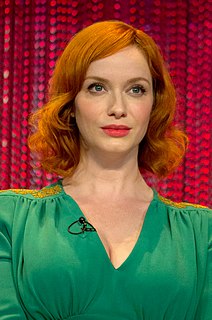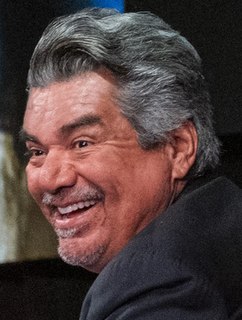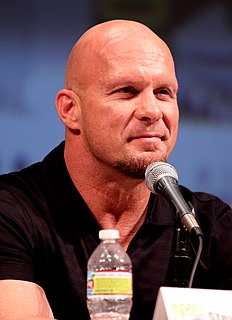A Quote by Kelsey Grammer
The first thing I thought [when I read the script] was that Frasier was an intellectual at some points but also an Everyman - flawed and very insecure.
Quote Topics
Related Quotes
When I read the script for '90210,' I thought, 'Boy, this is very superficial,' and it was. I mean, the pilot was all about the glitz and the glamour of Beverly Hills, the obnoxious kids, and the fish-out-of-water story of Brenda and Brandon Walsh. I couldn't discern from that first script that the show would become very issue-oriented.
I do remember when I first read the script of the 92 In The Shade. I was in the house at Nicholas Beach, and that gang was starting to break up, and I read this terribly well-written dialogue, not figuring out that films are about structure and the thing was totally unstructured, and I thought, "Who is this writer? God, he's great."
I had to audition for Fandango. When I read the script, the role that was interesting - so everyone thought - was the role that Costner played. He was the cool guy. And I read the script, and my representation at the time said, "That's the role you should read for." And I was like, "Really? How about I read for this other role." And they went, "Well, you're not going to get that role."
When you start out as an actor, you read a script thinking of it at its best. But that's not usually the case in general, and usually what you have to do is you have to read a script and think of it at its worst. You read it going, "OK, how bad could this be?" first and foremost. You cannot make a good film out of a bad script. You can make a bad film out of a good script, but you can't make a good film out of a bad script.
